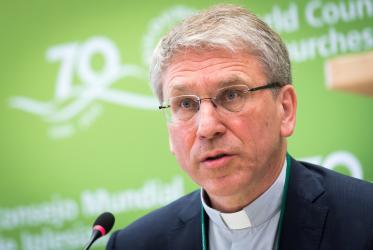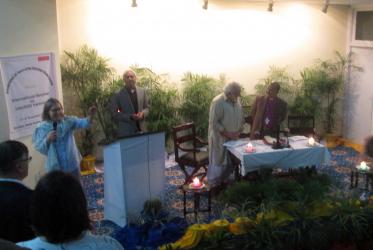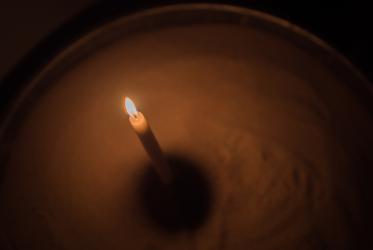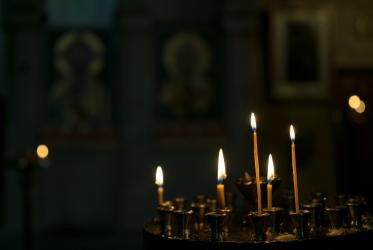Displaying 81 - 100 of 151
11 December 2018
WCC “receives with joy” verdict which resolves case of Asia Bibi
01 November 2018
WCC mourns death of Bishop John Victor Samuel
03 September 2018
#WCC70: A prayer about health and healing
20 July 2018
In the ecumenical movement to stay
26 April 2018
WCC condemns attack on church in Pakistan
17 December 2017
WCC Executive Committee issues statement on bishop from Philippines
18 November 2017
In Pakistan, Christian Study Centre celebrates 50 years
10 November 2017
“Overcoming economic injustice” vision of WCC’s Athena Peralta
23 February 2017
WCC expresses sorrow in wake of attack on Muslim shrine in Pakistan
17 February 2017
New videos help congregations hasten HIV response
20 October 2016
In wake of Pakistan attack, WCC offers prayers, support
08 August 2016













